
5 minute read
I nnovators & I n F luent I als
Two people who have been vocal about the need for more sustainable living, are Greta Thunberg and David Attenborough. Higham (2009) discusses Innovators in ‘The next big thing’ and separates innovators into ‘Professionals’ and ‘Amateurs’; Thunberg, who campaigns to raise awareness of the climate crisis (BBC, 2020) is considered an amateur, whereas Attenborough is considered a professional as a result of the extensive TV documentaries he has produced (BBC, 2020).
Higham (2009) also comments upon the people who spread the ideas of the innovators to the masses and labels them ‘Influentials’. Social Media platforms, such as Instagram are effective ways to find these influentials. Emma Slade Edmondson, and Tolmeia Gregory are two examples (Common Objective, 2020), sharing how they live their lives more sustainably. Moreover, Gen X Bea Johnson’s Zero Waste blog directs her daily patterns around preventing waste. These influentials then infiltrate consumers’ social media, thus raising awareness and desire to lead a more sustainable life.
Advertisement
There is no age demographic for this trend, as the desire to be sustainable and conscious of consumerism appears in all age groups. However, those with more disposable income are more likely to be a conscious consumer as they can afford to live the often more expensive lifestyle.
Behaviourally, innovators recycle and purchase reusable alternatives for household products such as straws and paper towels to eliminate one-use disposable items. In addition, they are more conscious when shopping for clothes and food (Csutora and Vetóné Mózner, 2014), and may be more inclined to buy products with greater transparency, operating ethically to support the supply chain.
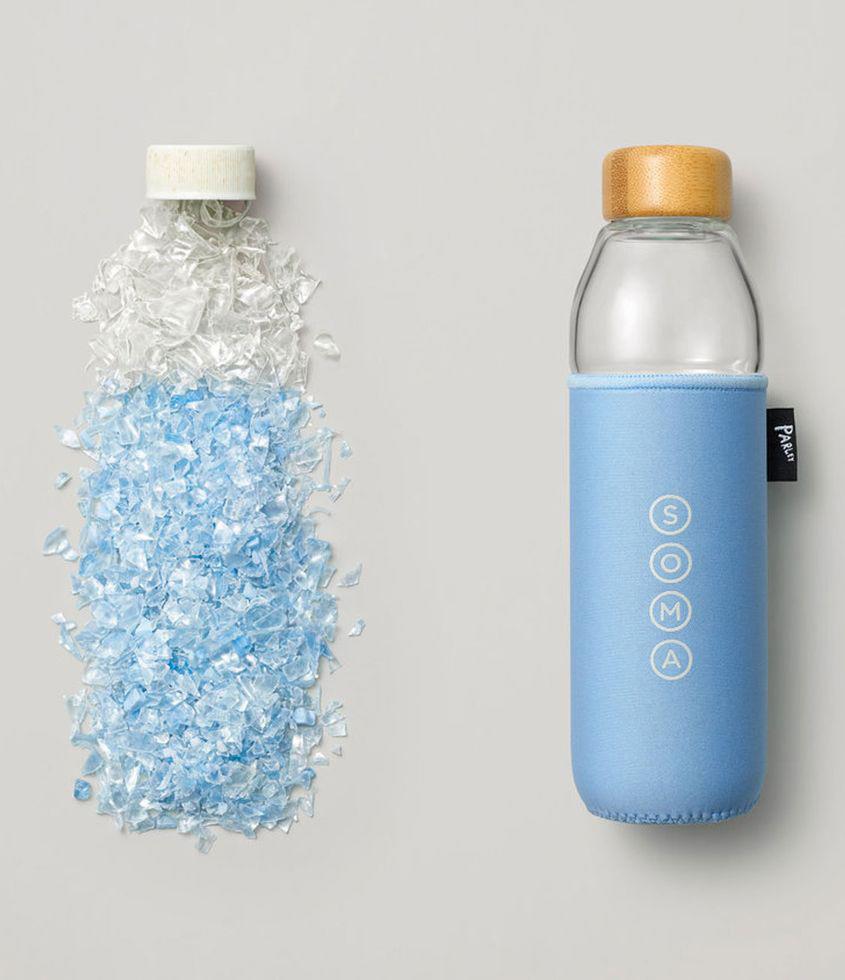
d e M ogra P h IC s
In terms of Psychographics, this group of people care about the increasing issue of climate change, and want to help in every way they can, beginning by reducing their waste and consuming less often. However, the rise in demand for sustainable products has increased the level of disingenuous, performative applications, known as greenwashing (Icarus Complex, 2019). Thus, it is more difficult to distinguish between truly sustainable products and those that do not uphold claims past face-value.
As the trend for sustainable consumption continues to grow, it is interesting to look at how it may manifest in the future within different sectors. Four of these potential future trend directions are detailed and explored below.
l IF estyle P rodu C ts
A lifestyle shift that is going to occur in the coming years as part of Hyperconscious Consumerism is the phasing out of fossil-fuel powered cars, with a ban on the sale of new combustion-engine vehicles to come into effect by 2030 (The Verge, 2020). Electric cars aren’t a new concept, but with law being introduced the percentage of electric cars on the road will inevitably increase by removing the choice for consumers, thus lowering emissions.
One way in which supermarket chains could improve their sustainability and reduce consumer waste is by creating in-store herb gardens, to allow customers to purchase only what they need, thus reducing food waste. Moreover, the removal of plastic packaging for herbs will also reduce the amount of plastic waste. This concept has already been introduced in the Dutch supermarket chain, Albert Heijn, who believe it is a “simple and effective way to cut down on plastic packaging” (Alexander, 2020).
b rands t e C hnology
One method for fast fashion brands to be more sustainable is to have customers input measurements to ensure the clothes they are ordering will fit, thus reducing the number of returns or items being left in storage. This idea has been introduced by Metail, known as MeModel (Springwise, 2020) allowing consumers to see 3D representations of how the clothing may look on them based on their body dimensions. Additional fast fashion brands such as Pretty Little Thing could adopt this model, in order to reduce the amount of returned clothes going to landfill (Constable, 2020). With the COVID-19 pandemic, this would be even more beneficial as consumers rely more on online shopping platforms as a result of store closures, preventing their ability to try on garments.
Due to the impact of washing machines and tumble driers on the environment some influentials are refusing the ownership of which and instead relying on traditional washing lines or shared laundrette facilities (Helbig, 2020). Moreover, technological advancements have included self-wash clothing using chemical coatings on fabrics to remove the need for washing machines (Verma, 2020). Future consumer trends may display the adoption of such, both for a positive environmental impact and to reduce the burden of clothes washing. This may also be part of the minimal living trend, adopted by many innovators and influentials to reduce their home capacity by owning only what they need.
a PP end I x
a
PP end I x a : P resentat I on
The following pages encompass each slide from our group presentation from 31 October 2020 which was completed on teams and recorded for feedback. We given positive feedback regarding the visual and verbal presentation of initial research into the three mega trend identified, and we completed the recording within the 10 minutes allocated. To improve we could have used images more affectively to present the information alone as opposed to repeat the text presented, therefore, we have tried to do this in this report in order to improve.
Presentation Slides - https://assets.adobe.com/id/urn:aaid:sc:US:ace611f7-b039-4d03-986edf9ecb56bb64?view=published
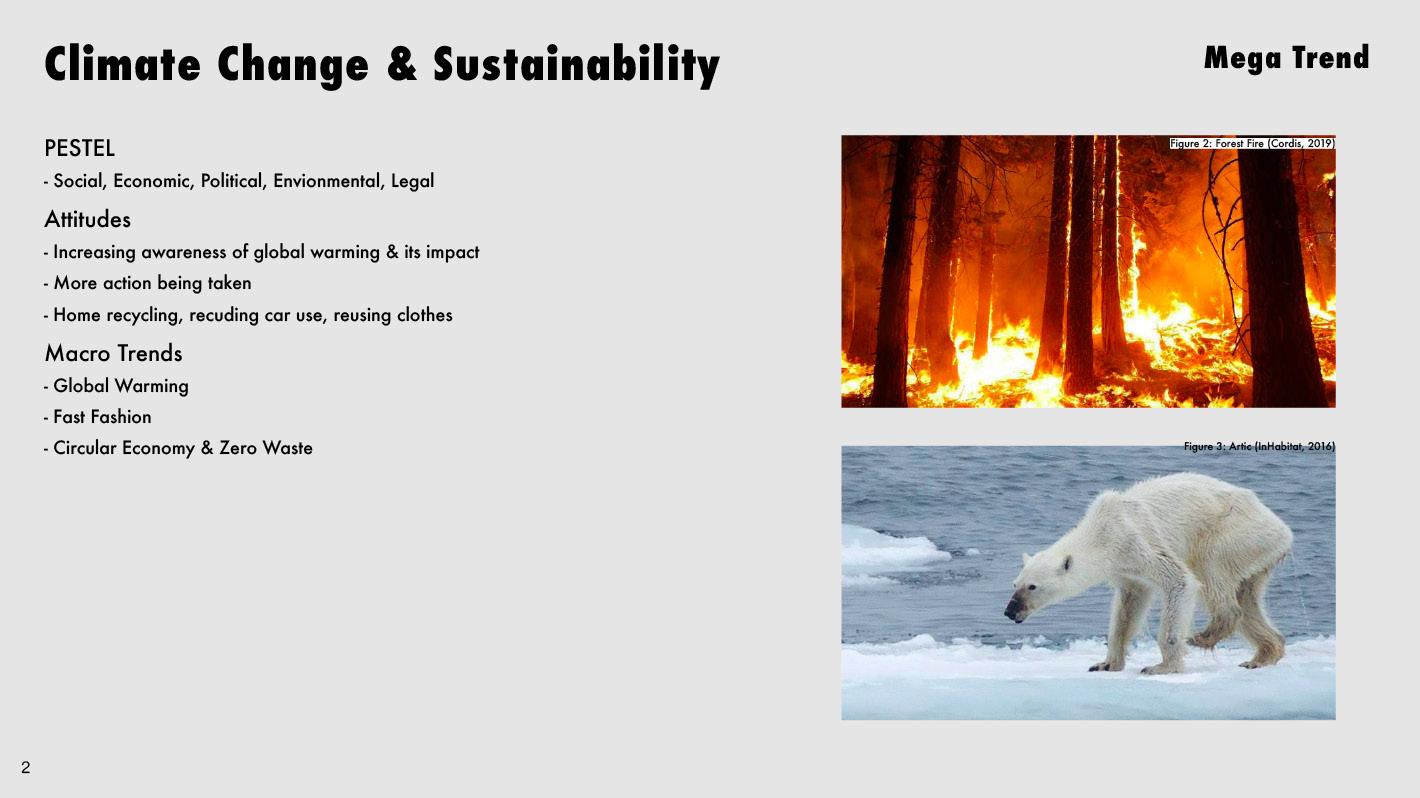
Video Presentation - https://web.microsoftstream.com/video/2a076951-3f37-450f-831713c3a8392ef0

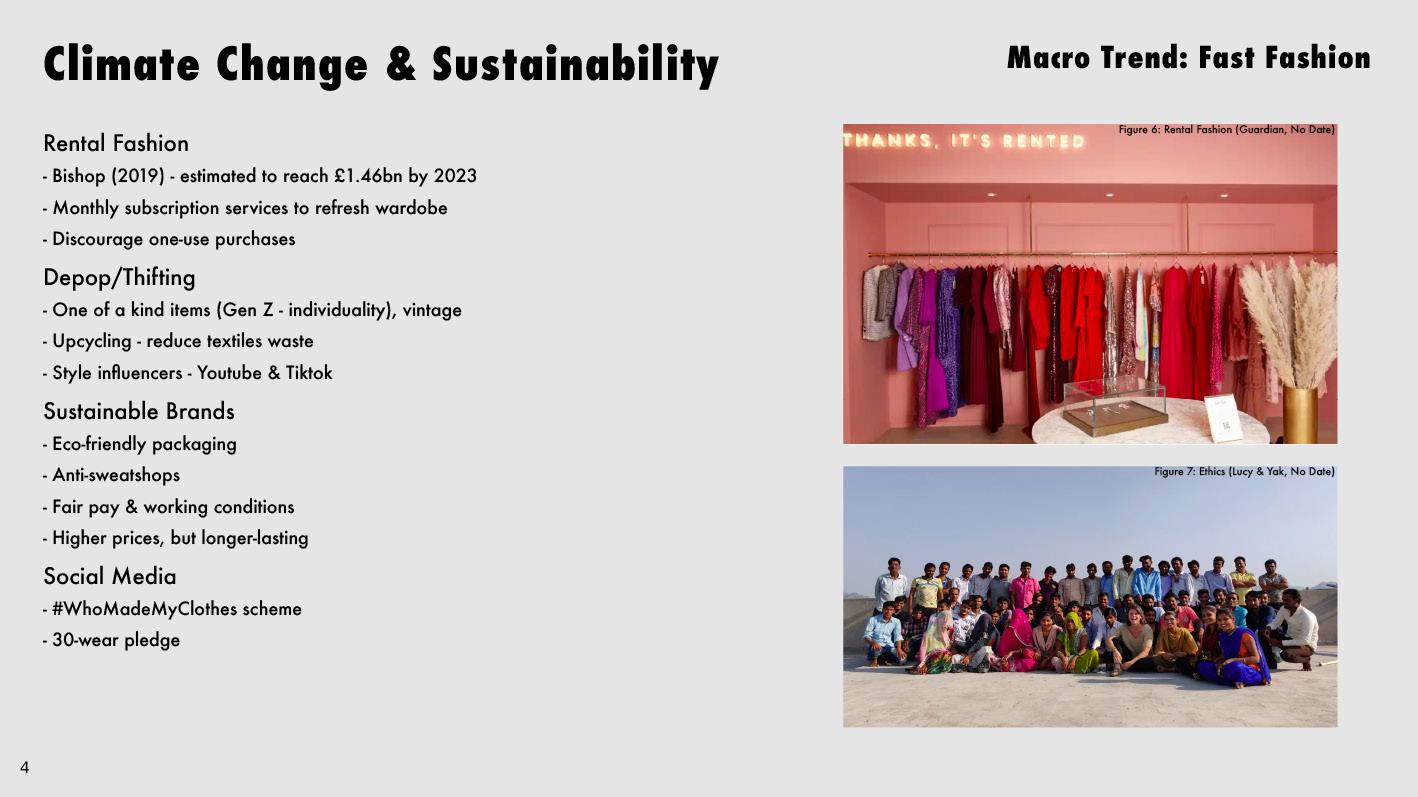
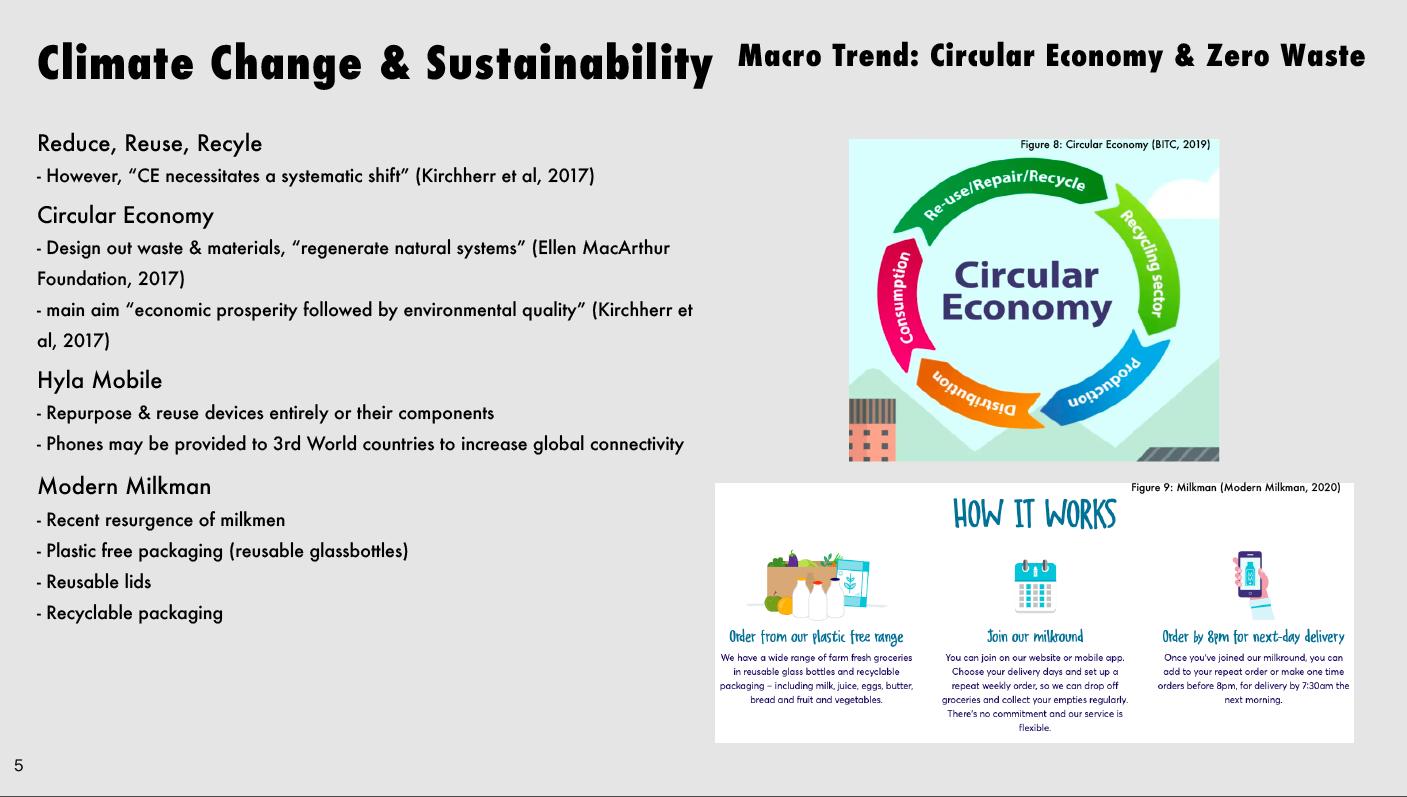
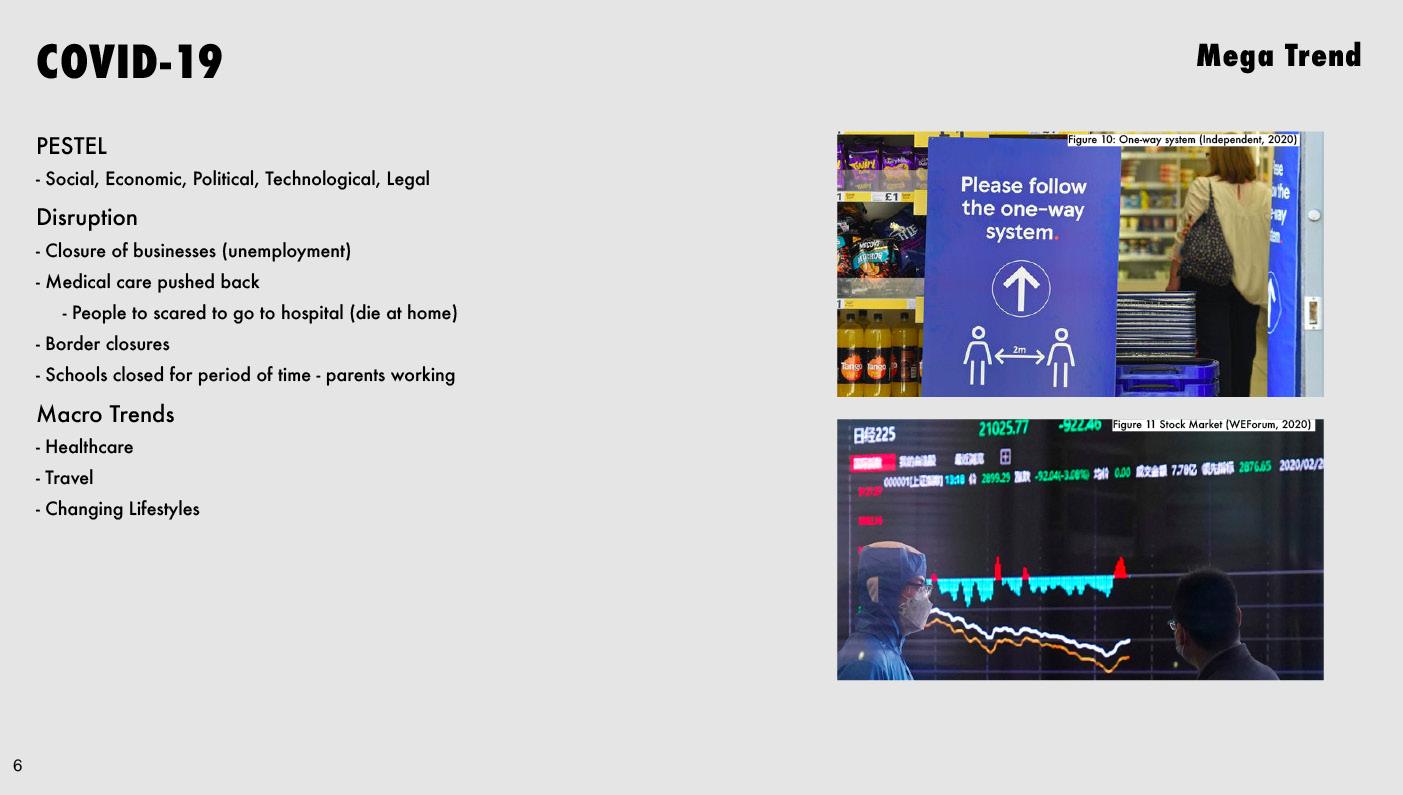
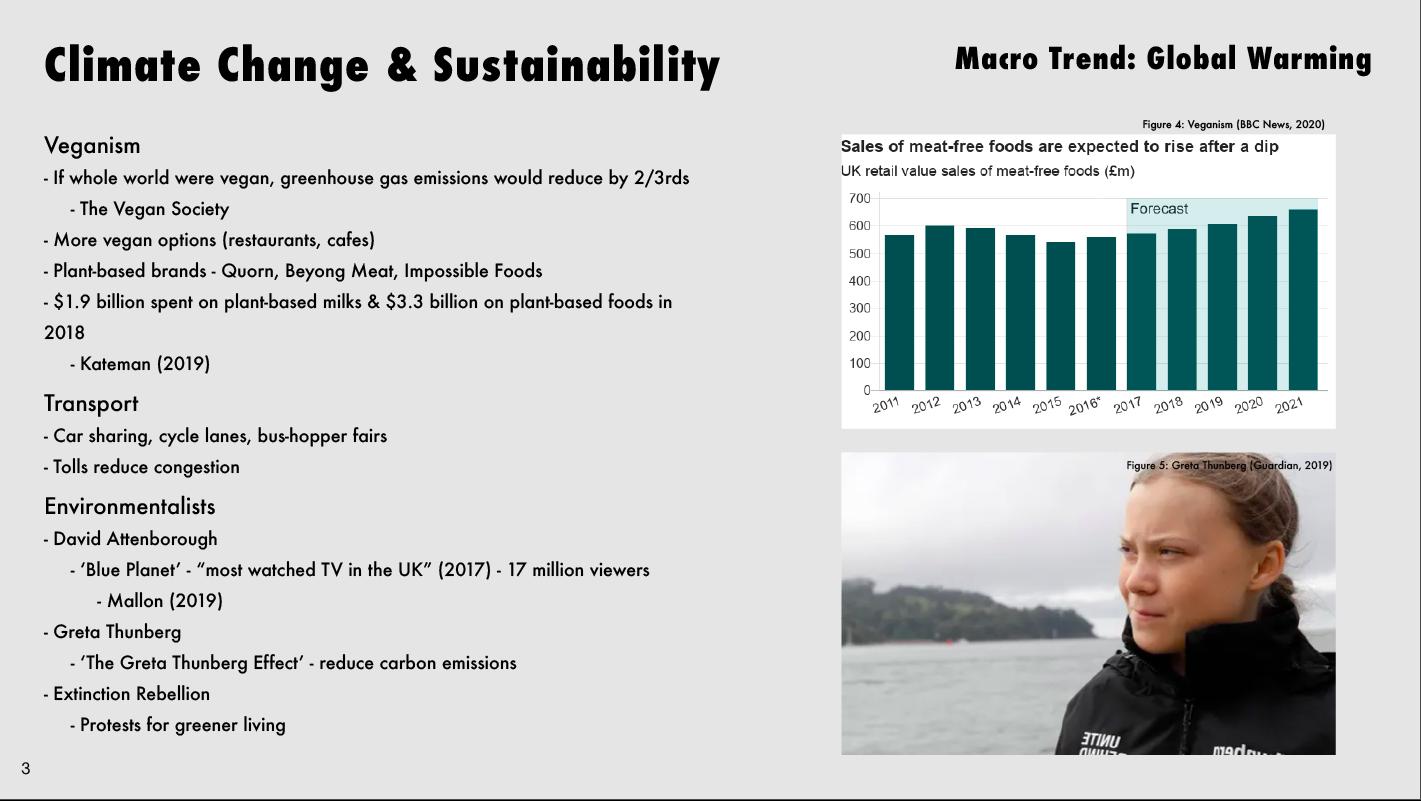

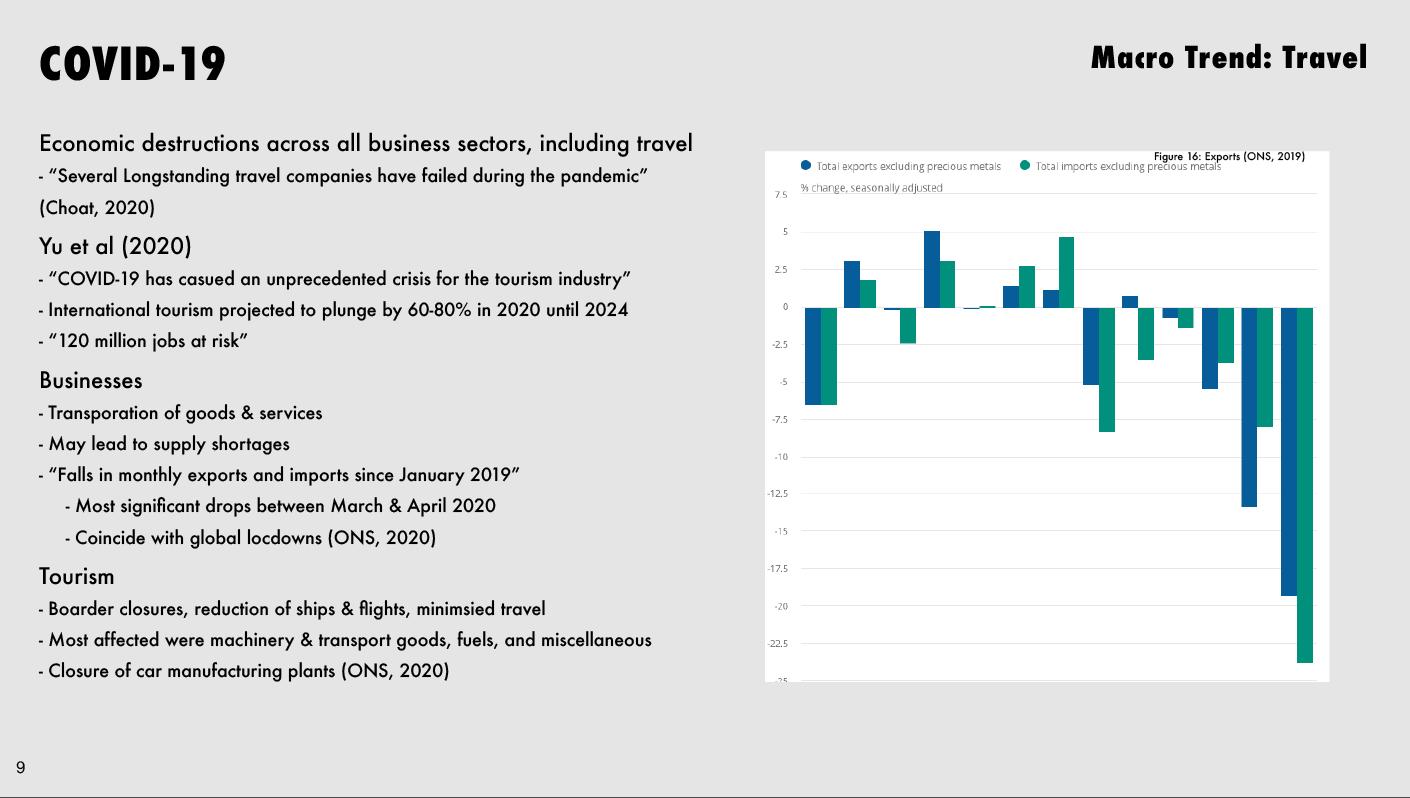
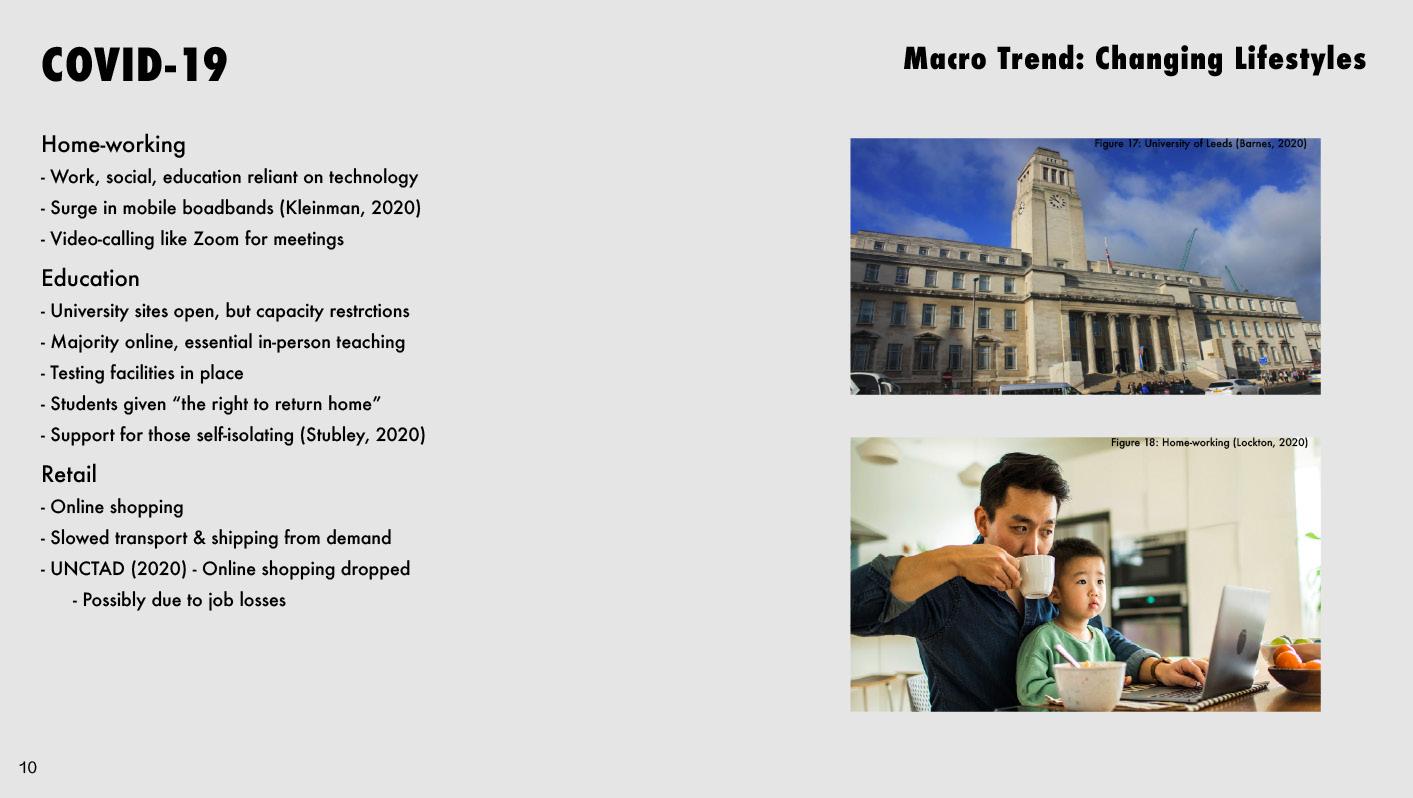
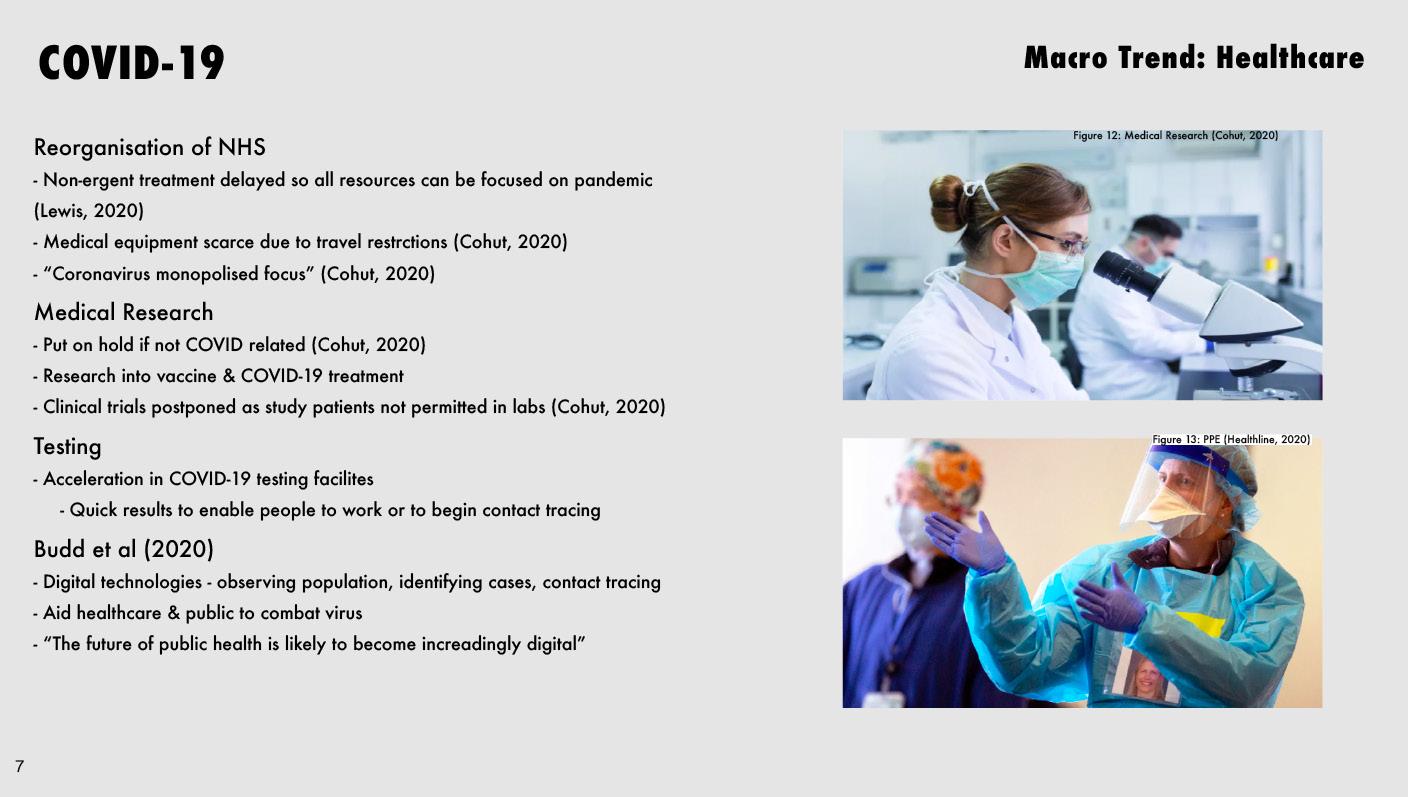
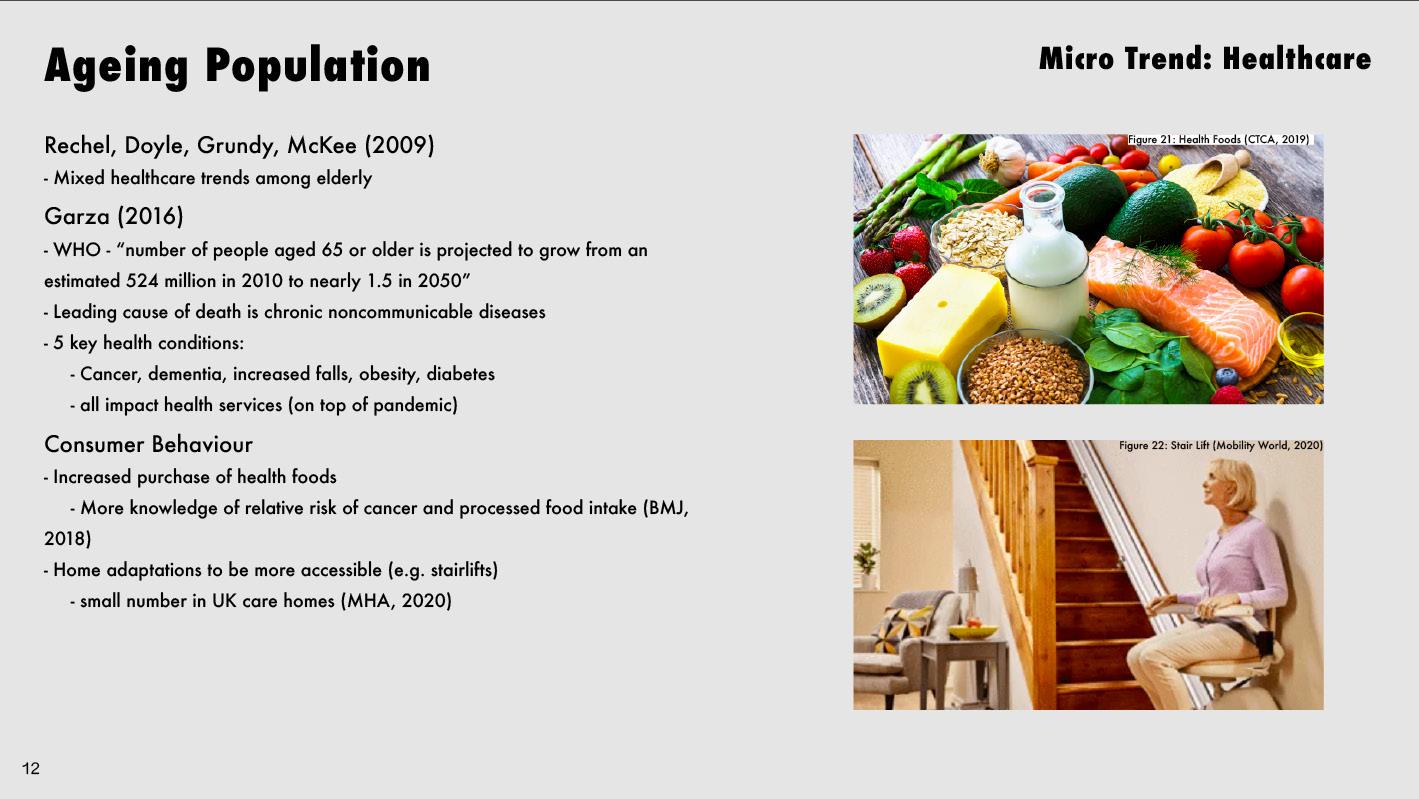
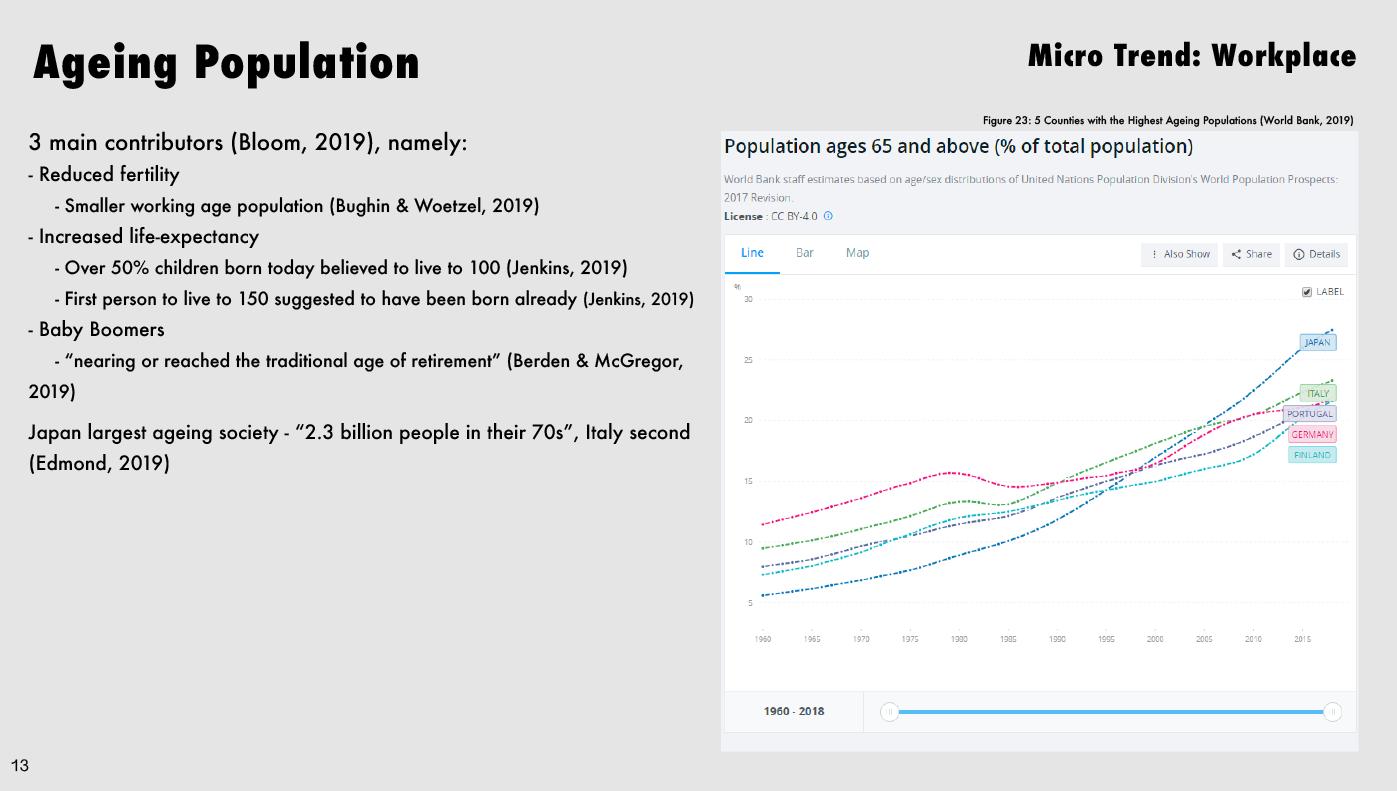
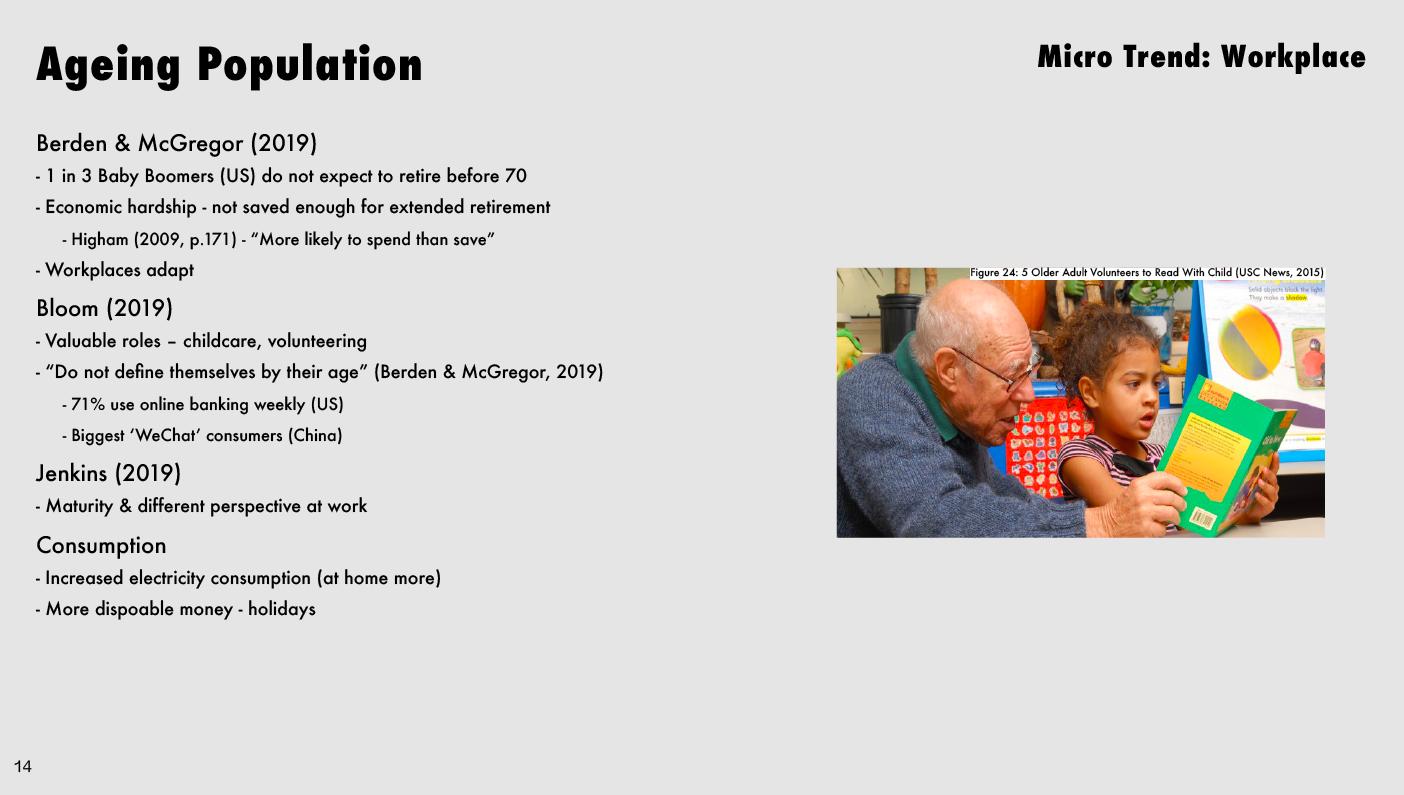
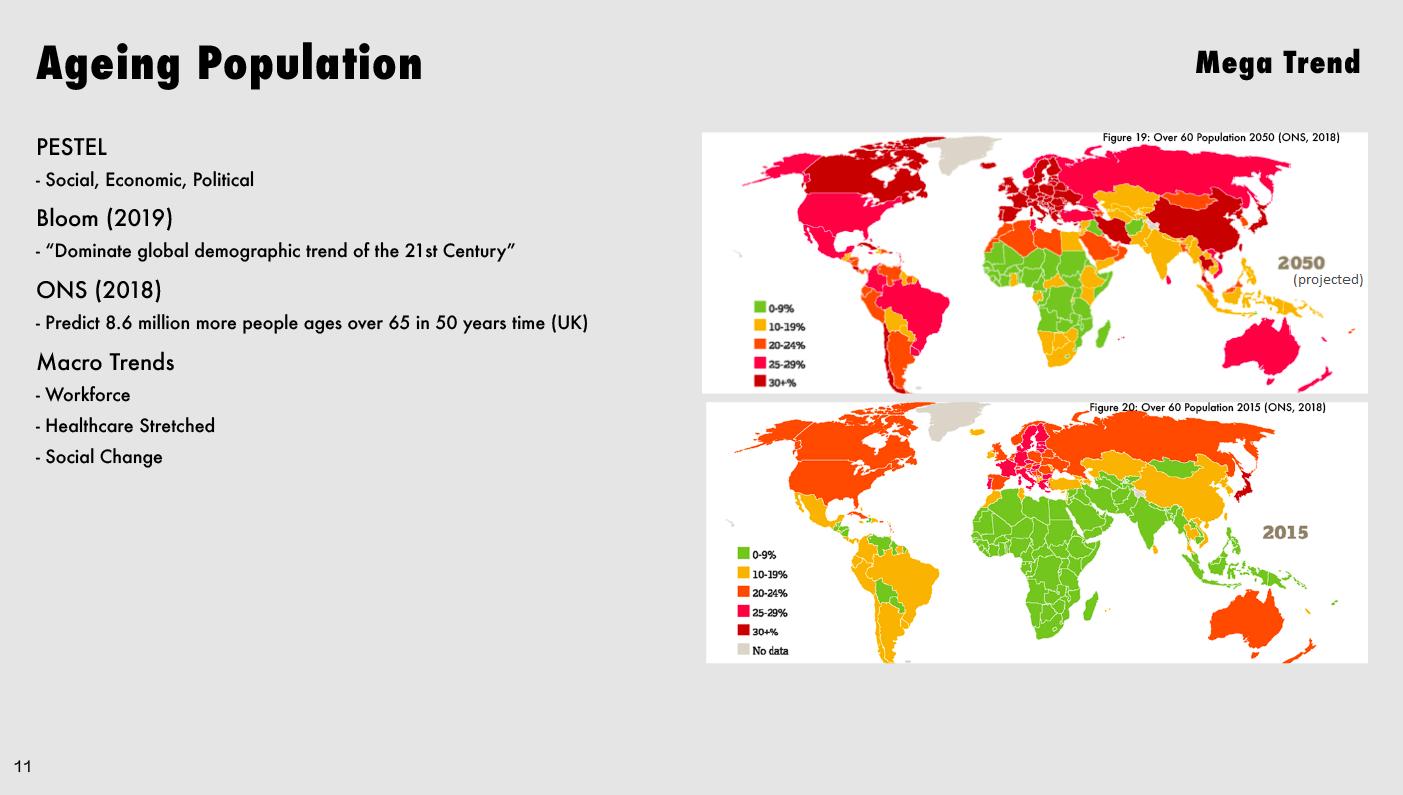
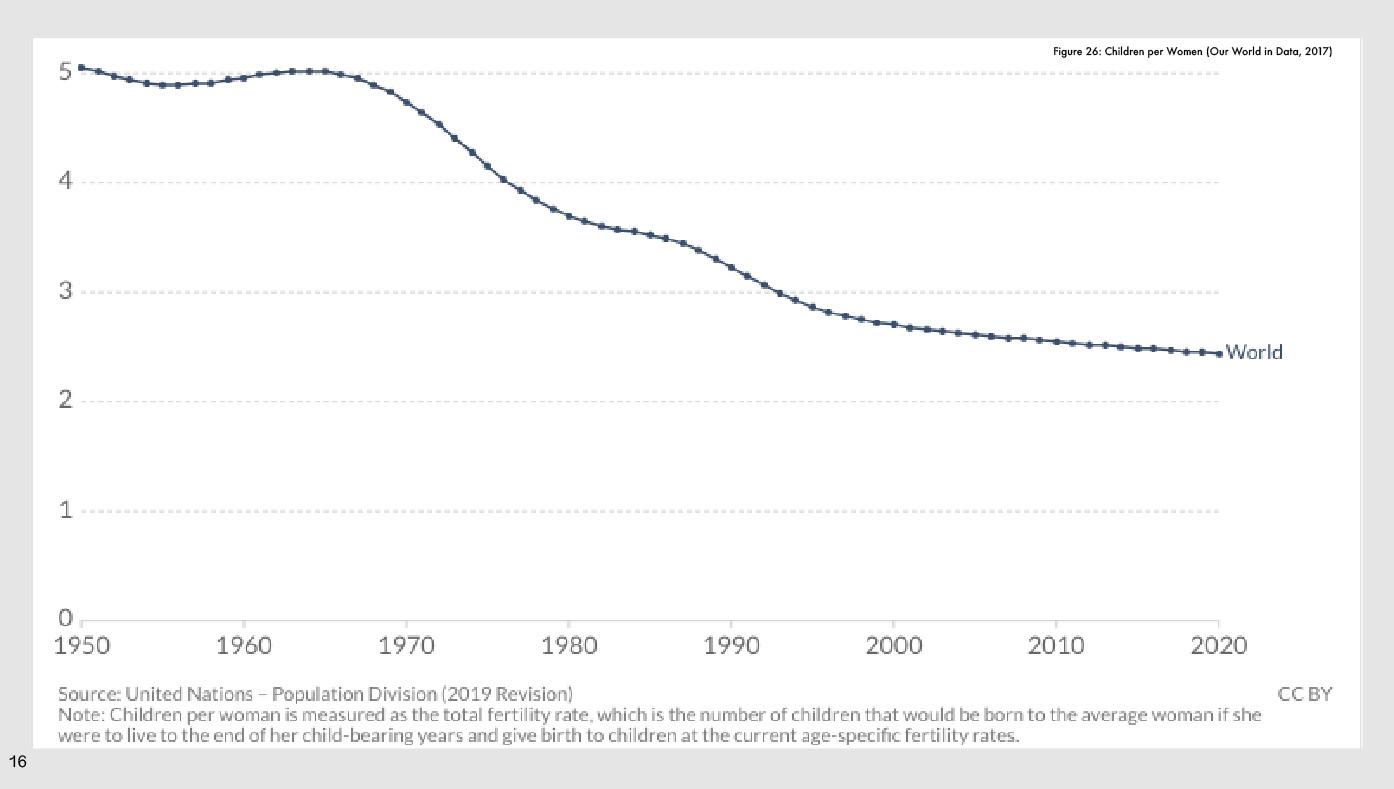
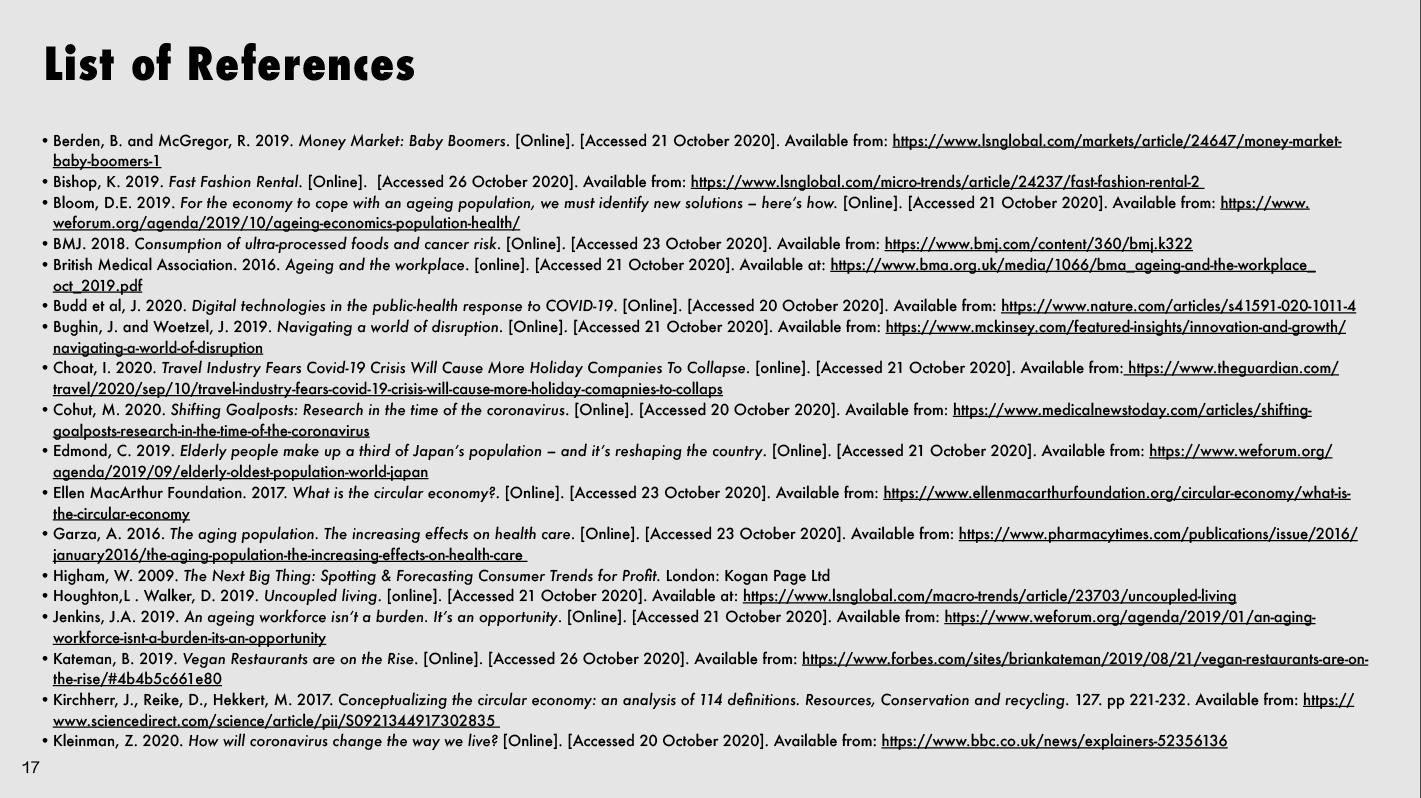
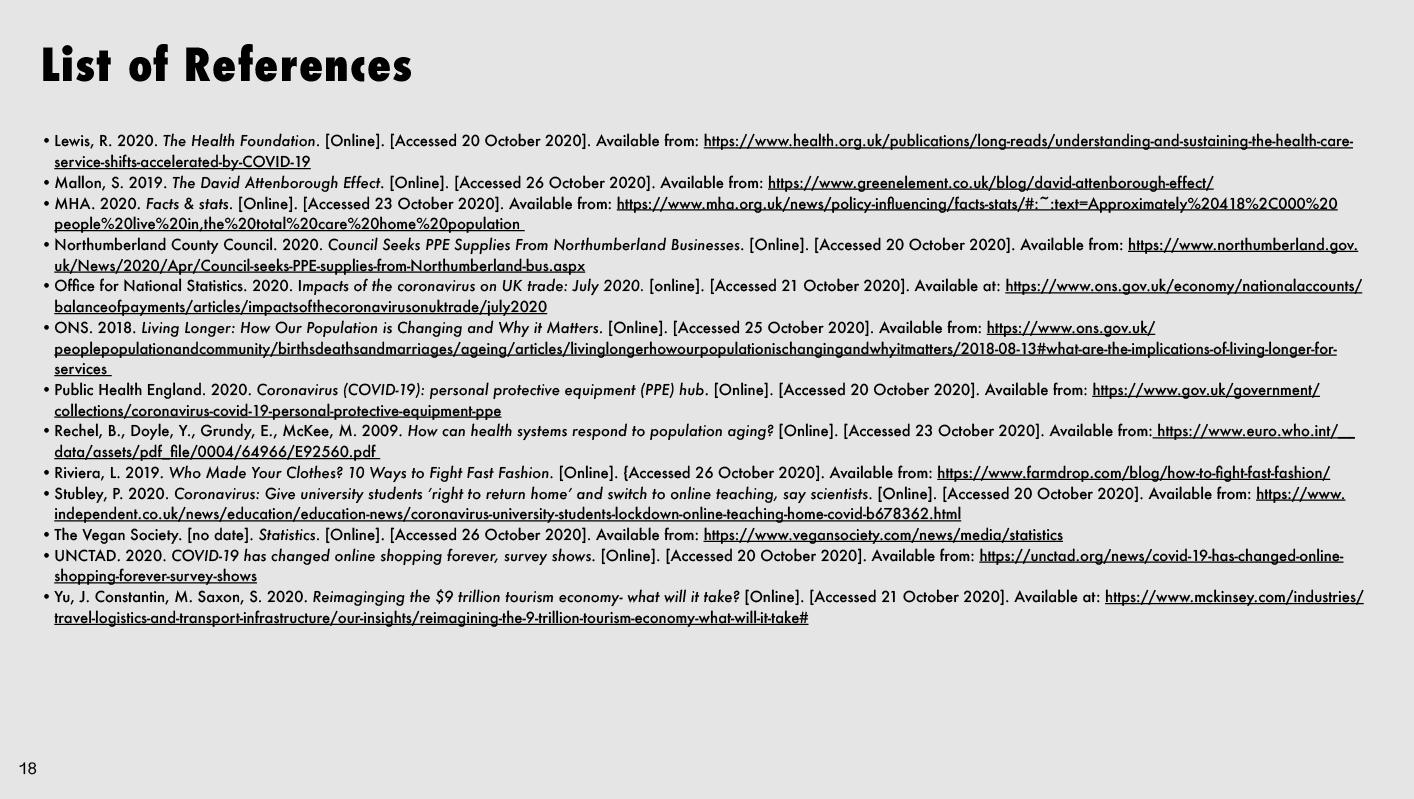
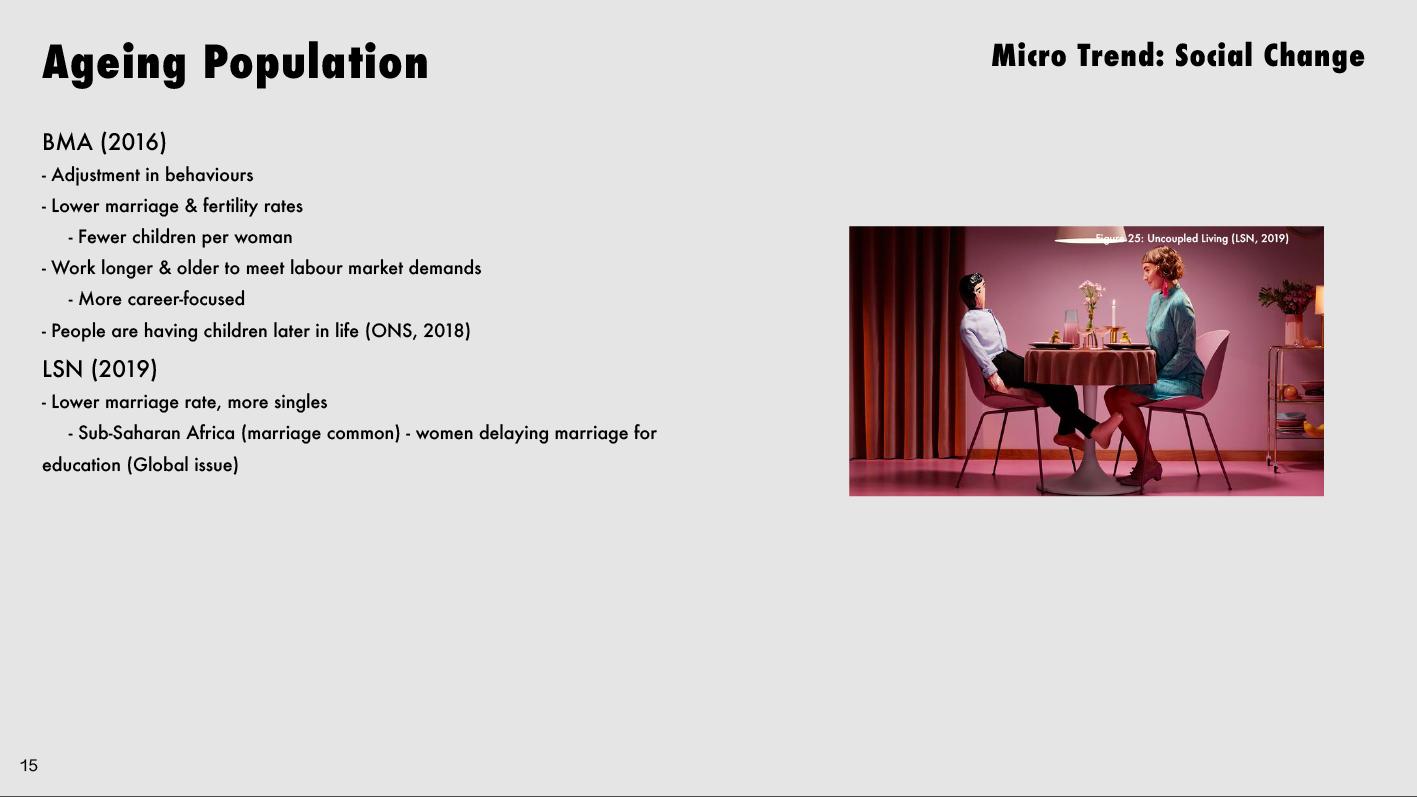
PESTEL is a strategic framework for analysing the external environment in which macro trends operate. Businesses have no direct control over each of political, economic, social, technological, environmental and legal aspects, but must plan for and react upon which (Posner, 2015, pp.66-67).
Political Degree of intervene from Government
Political protests around sustainability
Carrier bag charge
Environmental activists like Extinction Rebellion & youth activists like Greta Thunberg
Political unrest – threat of terrorist acts & disputes between countries Brexit, impacting taxation and exports
Unemployment increased due to pandemic US presidential election
Economic Performance relative to affluency, GDP etc.
Fast fashion is cheap but creates a throwaway society
Sustainable fashion often expensive, not everyone can afford it
Economic decline/ recession as a result of COVID-19 (LSN, 2020)
Payment support for COVID-19 business closures (Furlough Scheme & loans)
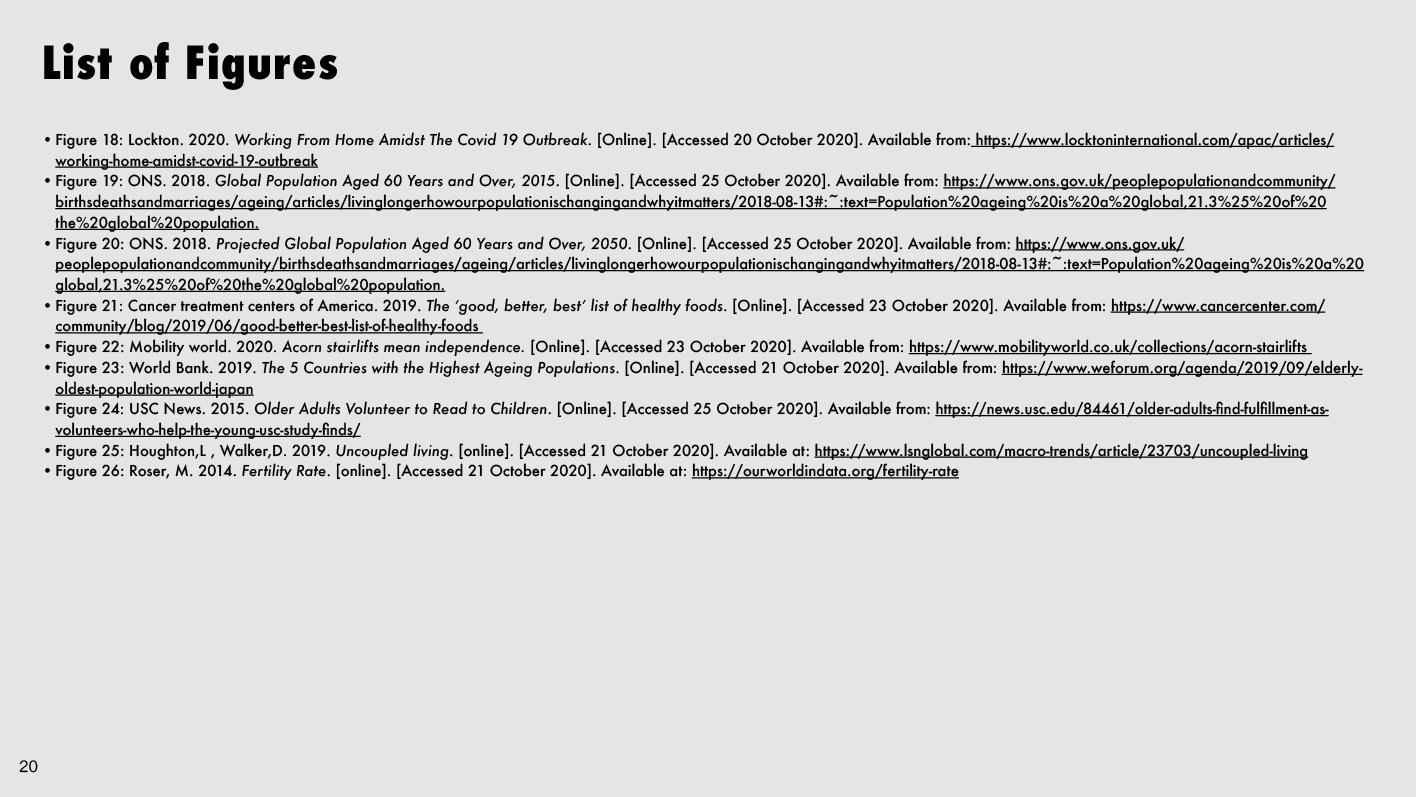
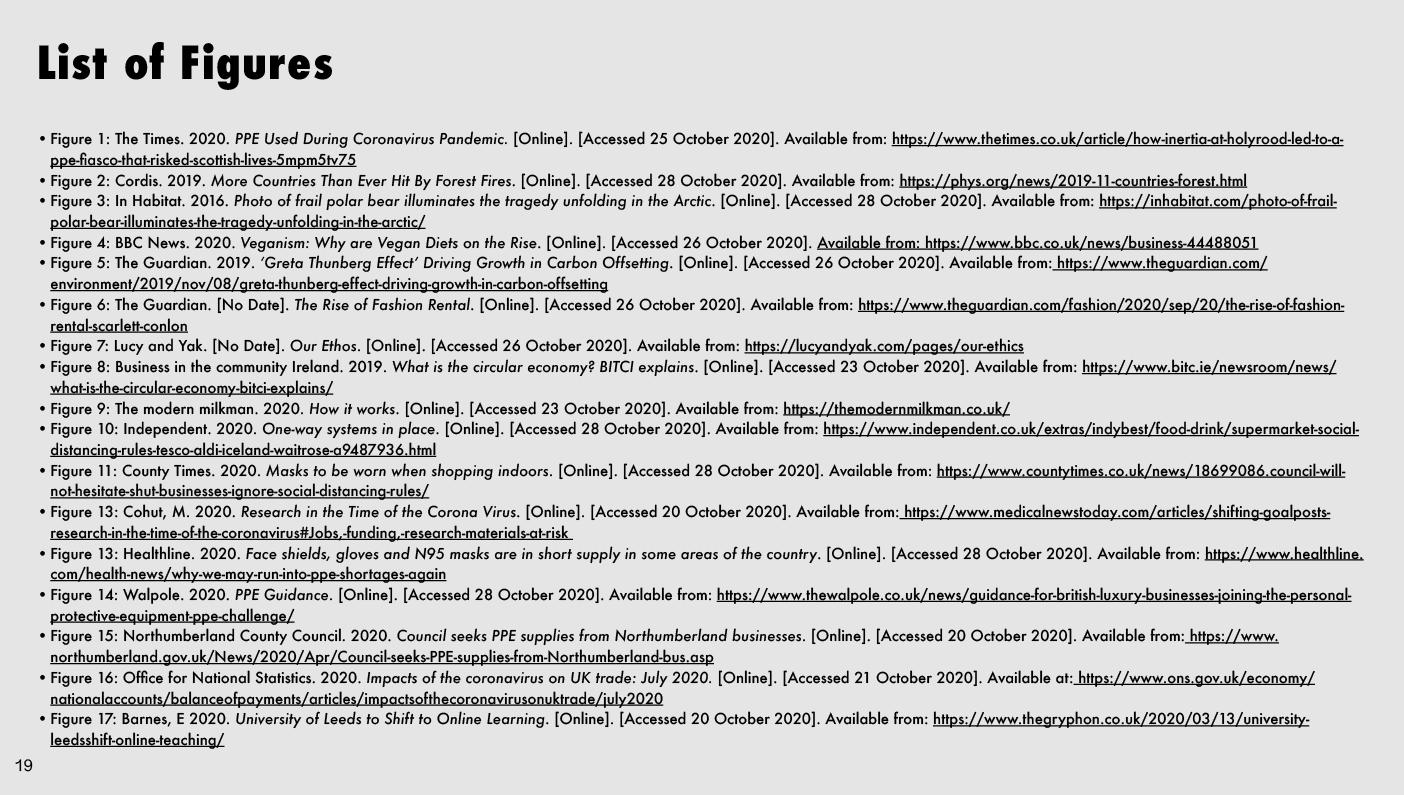
Pandemic caused reduction in disposable income due to job losses (LSN, 2020)
Rapid growth in China & India (Bughin & Woetzel, 2019)
Social Norms & values & demographic features
Changing attitudes to sustainability, reduce waste, recycling more
Rise of veganism
Conscious of health impacts of pollution
Convenience culture, stay at home to eat/shop etc. (LSN, 2020)
Increased care for health & wellbeing – demand for gyms & healthy food
More women work, demand for convenient products, time (PWC, 2020)
Uncoupled living, focus on career & start family later
Move towards greater equality & inclusion
Technological Innovation & R&D, positive or negative impact
Development of new materials to prevent/ reduce animal produce
Renewable energy sources
Use of social media by Gen Z
Manufacturing technology to reduce waste
Massproduction for lower cost products
Artificial intelligence & automation, lead to job losses & reskilling as machines are cheaper & more accurate (Bughin & Woetzel, 2019)
5G Data: faster, more reliance of online
Environmental Pollution, raw materials, climate change
Rising global temperature, melting ice caps & causing forest fires & flooding
Overflowing landfill sites
Waste disposed into the Ocean, harming animals
CSR
-Treatment of workers in factories, poor conditions, low pay, long hours
Increasing importance of sustainability
Scarcity of resources, use of renewable resources & sustainable living to save for future generations (PWC, 2020)
Circular economy & zero-waste
Lack of food production
Legal Specific laws & recent legislations
Worker’s rights prevent sweatshop production & unethical practice
Ban singleuse plastics in France (Fleming, 2020)
Reusable bags not thin plastic bags in US (Fleming, 2020)
Animal Welfare Act (2019)
Health & Safety laws
UK Slave labour –fast fashion businesses caught out for unethical treatment of workers in factory in Leicester







